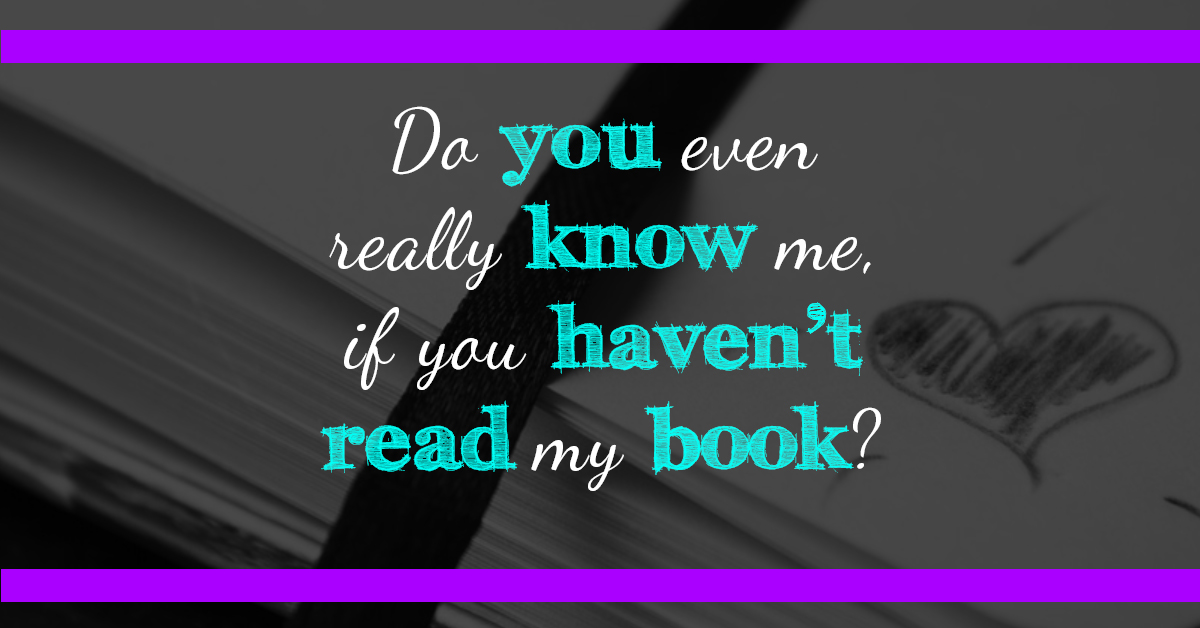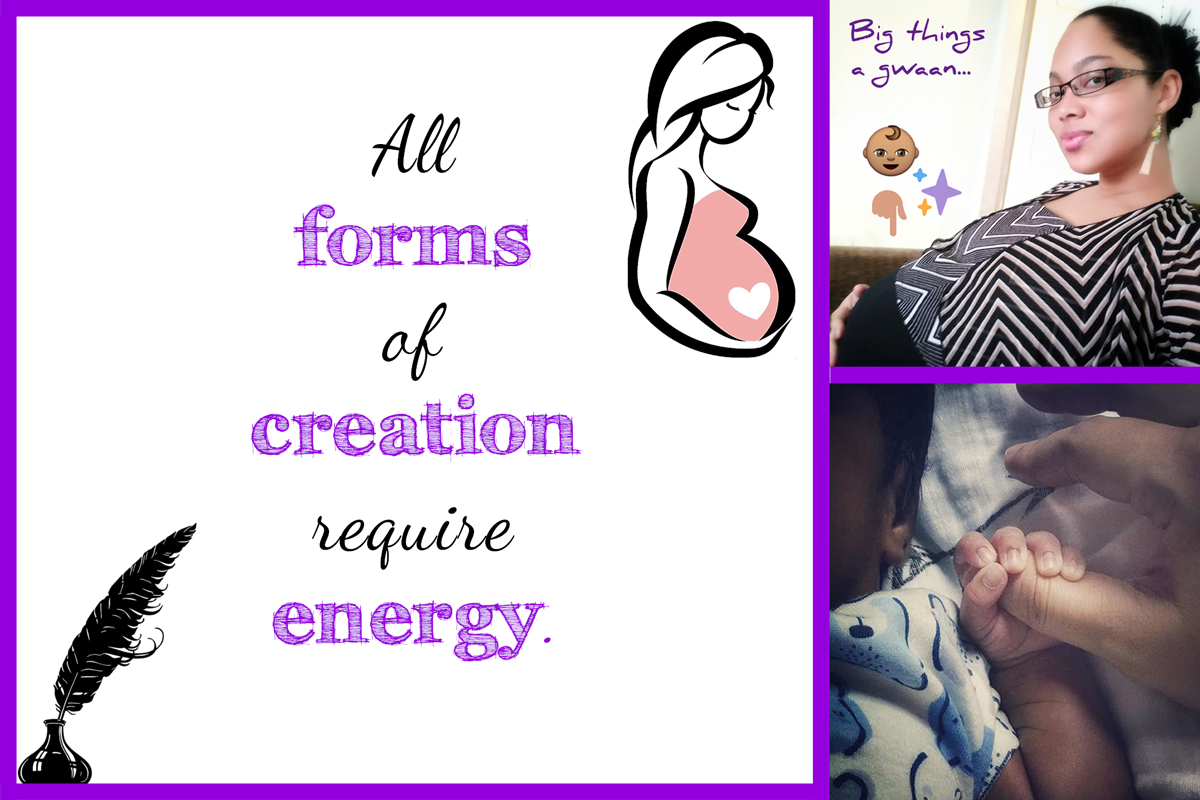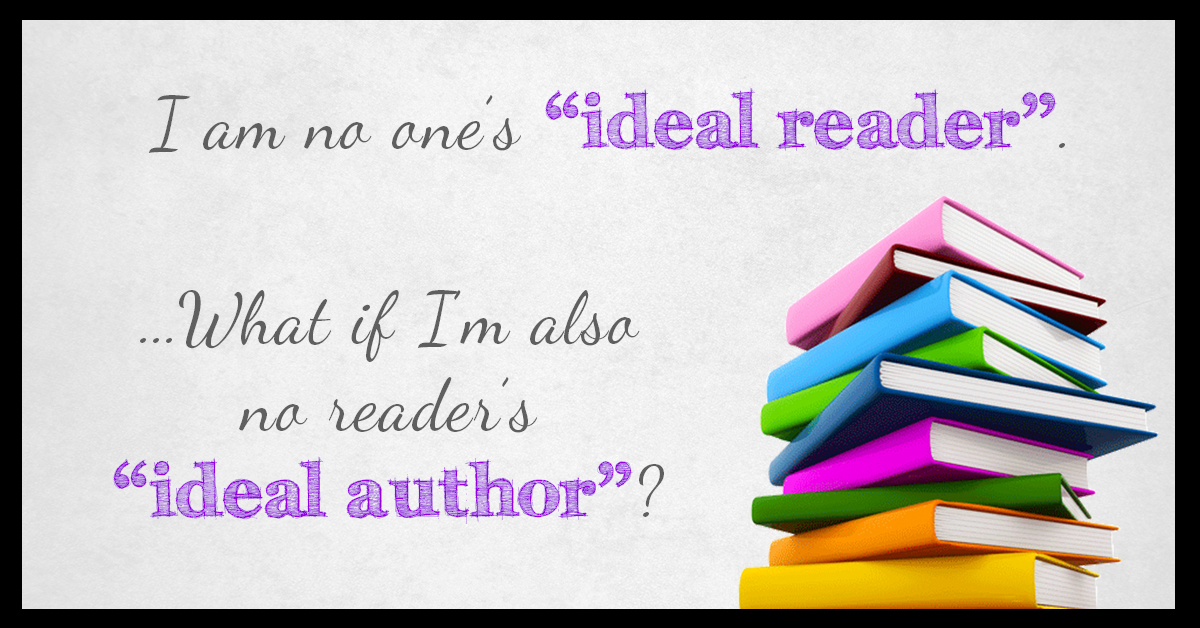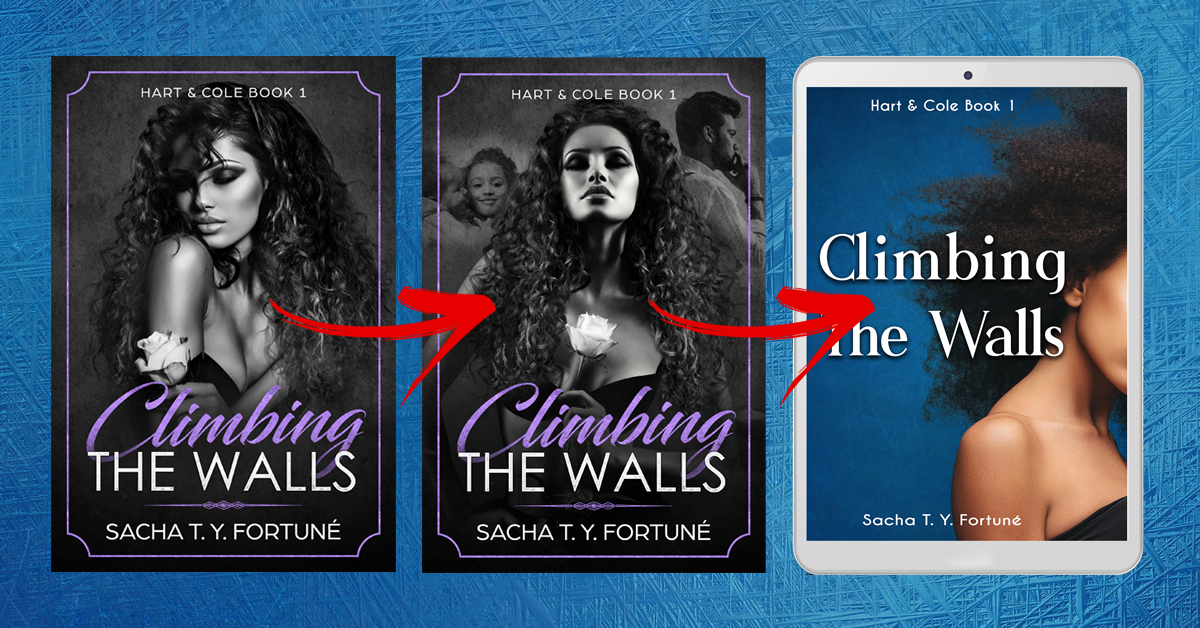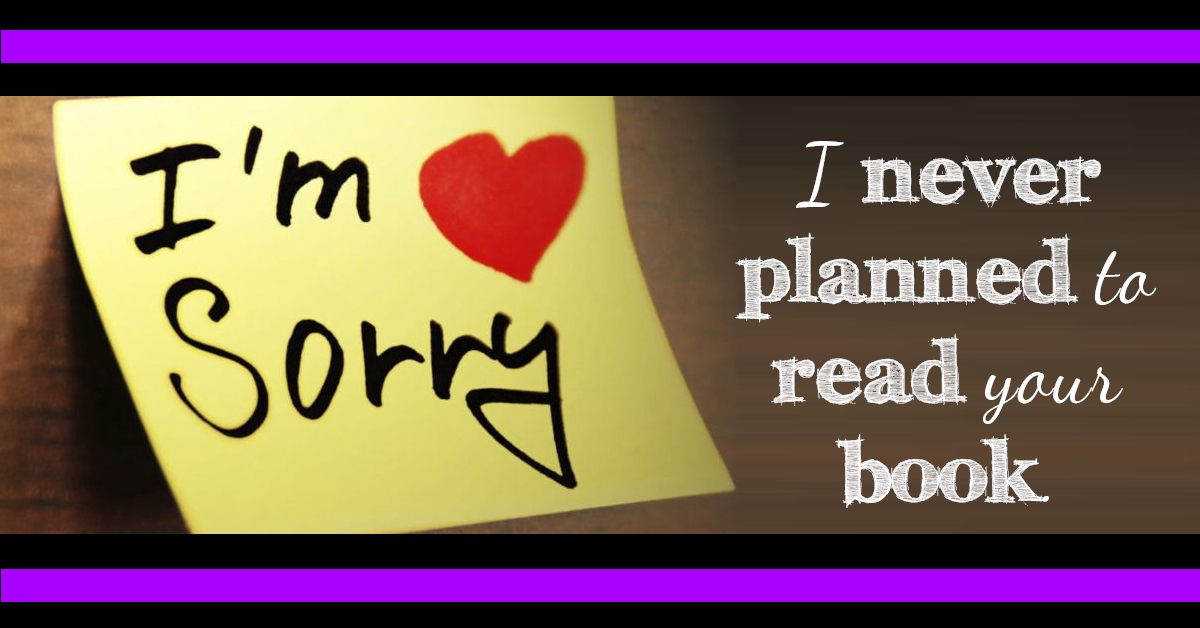Your Significant Other & Your Book Babies: A Rant
I’ve seen it many times on writer groups, the wail: “My husband/wife has never even read my book!”
And almost everyone responds: “Ah well, that’s for the best, probably not your target reader anyway.”
…But is that even the point?
I myself have some author friends whose books I haven’t read, but I’m not talking about the regular friends/acquaintances. I’m not even talking about your “circle”, the adult people in your life directly around you, i.e. parents, siblings, best friends.
I’m talking about the person you share a bed and a life with, and with whom you’ve perhaps even meshed DNA in the form of offspring. That’s right: your significant other.
Now, if my significant other wrote a book, of course I’ll read it. I’m a writer, and I’m a reader, so that’s easy to commit to long before he pens a single word. (And, in my case, he’ll probably rely on my help to write it.)
But many people just aren’t readers, so that is the excuse: “I don’t really read” or “I don’t read your genre” or something to that effect. And as writers we feel a twinge of hurt, but we let it go.
Recently, an author friend told me she was so pissed off with the fact that the collective “WE” as authors just “lets it go”. She said:
In this day and age with so many opportunities to read on the go, unless you’re actually insanely busy running an entire country, or perhaps intellectually challenged or f*ing illiterate, there is no excuse to NOT read my book.
I’m not sure I agree with her 100%, but for the sake of argument, let’s discuss.
Fiction & the Festering Brain
Firstly, let’s stick to fiction. Of course there are excellent non-fiction books out there, but that genre gets sticky when you consider the nuances.
For example: sure, I’d read my SO’s self-help book. But if he penned a History textbook, or a Math text? Er, well… um, probably not.
On the flipside, the argument may be:
“Well, my History/Math textbook may help someone; your fiction book won’t.”
But… won’t it?
I write fiction that goes deep, as just about any one of my reviews will say. People may at times dislike my characters, but they appreciate what I put into them. They appreciate the story, and in many cases the story stays with them and even influences how they see the world around them.
Even if there is no lesson to be learnt, a fiction book can still move you and brighten your day, or change your outlook, or provoke you to think about something that wouldn’t have tickled your fancy otherwise. Or it could even be just mindless entertainment, if that’s what you’re looking for. The point is: fiction is still important.
So, assuming you’ve written a fictional book that you poured your heart into, and the love of your life still has exactly zero interest in it…?
As my author friend ranted to her poor husband:
Do you even really know me, if you haven’t read my book?
Romance, Sex & Hiding your True Self
What I love about the genre I write in (women’s fiction/romance) is that there are mostly women writers, and women have their ways of expressing themselves in their writing that they may not be able to in real life.
Of course this is a very broad statement and there are many exceptions, but statistics indicate that men are more visual, and need actual porn; whereas a woman can pick up a romance novel (not even erotica!) and have the same experience of mental and physical stimulation.
When we as women write, we can let our juices flow — creative and otherwise. Our swashbuckling heroes are the best characteristics of men we hope to one day meet (or in very RARE cases, are lucky to actually have), our heroines are girls we admire and one day hope to be. And usually, somewhere along the way, we slip in experiences from past or even current lovers.
Writers tend to pull from real-life; that’s just a fact. “Write what you know” and all that jazz. I myself have admitted to including a scene with elements of my own history and I know that IF the person ever reads it, he will know IMMEDIATELY where the inspiration came from.
But here’s the thing… I’m sure he’ll never read it.
…Which is probably why I wrote it in, in the first place.
So, back to my friend ranting about her literate-but-lazy hubby who can’t be arsed to read her book:
Honey, are you sure you really WANT him to read your book?
The Safe Place of Anonymity
Being a writer, there is a “safe place” with our books where any random person can assume or guess at what parts are fact or fiction.
But if that person who knows you best (or is supposed to) actually picks up your book you’ve been screaming at them to read… what might they find?
It may not even be the biggest part of your plot that he/she focuses on. It’ll likely be some throwaway element you didn’t even consider while you were writing… a reference to one of your characters doing that thing he does that you hate with a passion. Or a description of something in your past that he didn’t realise until reading your book.
One of the common threads of any book or TV show that features a writer is that the connections to reality are always there. Sure, “Friends” with Phoebe’s loose characterisation was hilarious, but it was on point. And, remember “Gilmore Girls: A Year in the Life” with Lorelai’s recount of hers and Rory’s life that Rory preferred be kept private? Or how about “Private Practice” and Violet’s page-turner that upset every single one of her friends?
…Yeah. It happens.
Even if your intentions are good, or you think you’ve written something STARKLY different from real life, there’s usually something there, a kernel of truth that no one may pick up on — EXCEPT your closest loved one.
So… as I told my writer friend: whether he’s your target reader or not, perhaps it’s still best he hasn’t read your book. Trust me, darling.
Your book is the rawest piece of your soul. And sometimes, you need to keep that shroud of anonymity for your own relationship’s survival!
